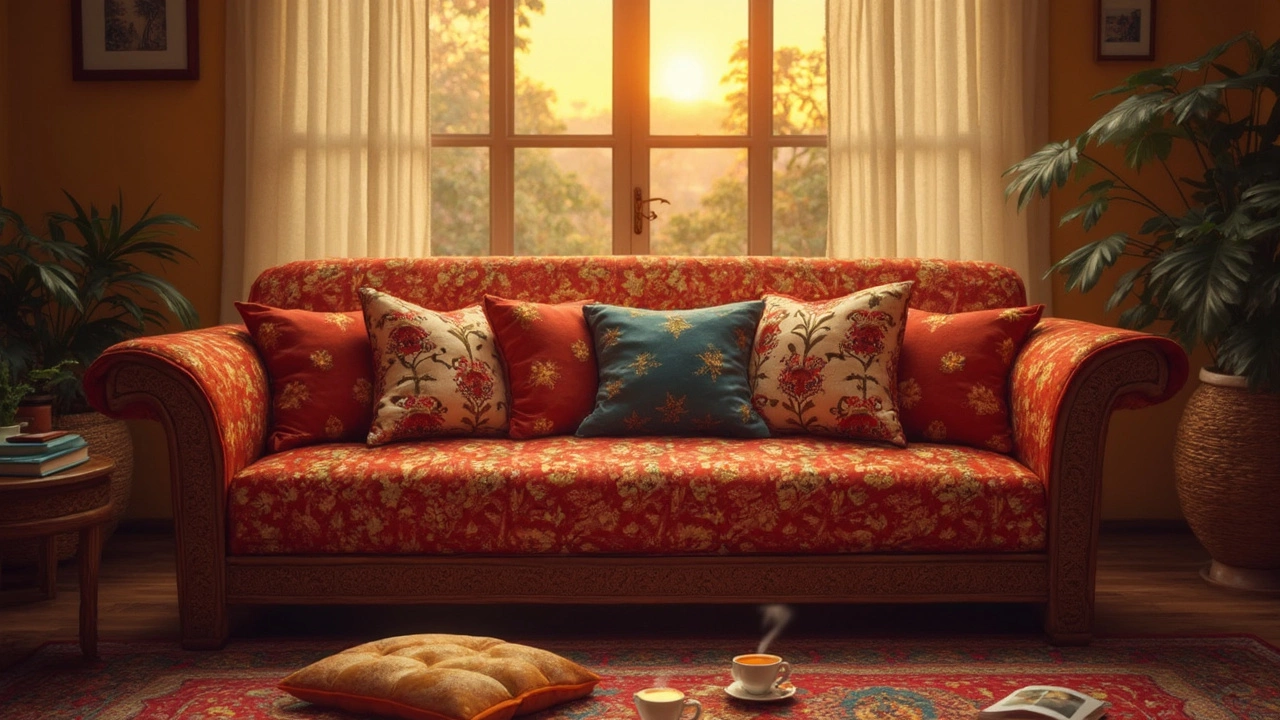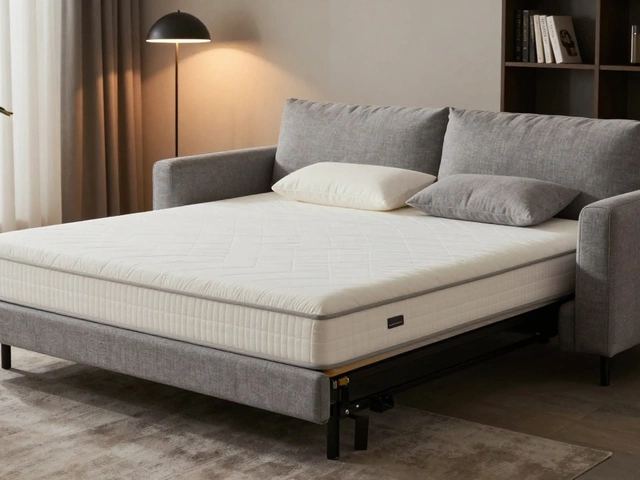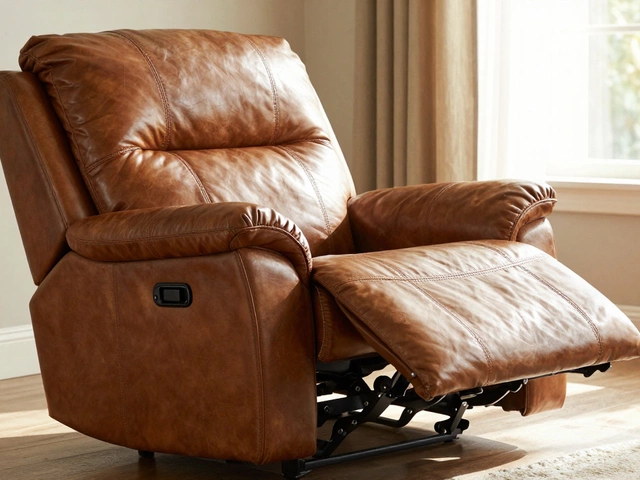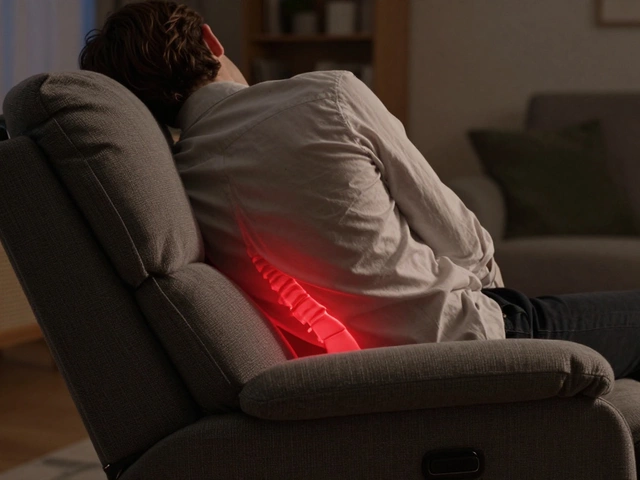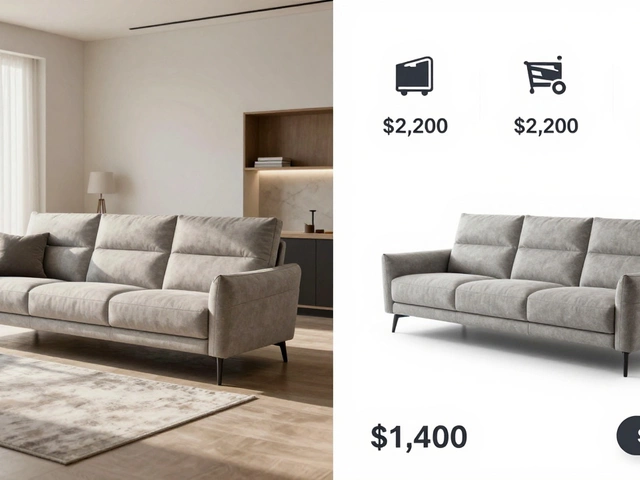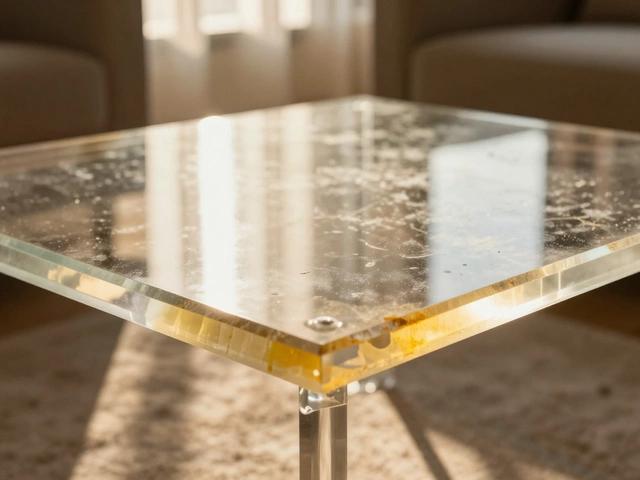Sofa Durability: Choose a Couch That Stands the Test of Time
If you’re tired of sofas that sink after a few years, you’re in the right place. A durable couch isn’t magic – it’s about solid materials, smart construction, and a bit of maintenance. Below you’ll find the parts that matter most and simple ways to spot a long‑lasting sofa before you buy.
Key Parts That Determine Sofa Longevity
Frame material. Look for kiln‑dried hardwood like oak, beech, or ash. These woods stay stable even when humidity changes. Avoid soft woods or particle board – they bend and break quickly.
Joinery. Screwed or doweled joints beat glued‑only connections. Corner blocks, braces, and metal brackets add strength. If you can see exposed screws or bolts, the builder is being transparent about the construction.
Suspension system. Springs, sinuous webbing, or a combination keep the seat firm. Heavy‑duty 8‑way sinuous springs are best for everyday use. Test by sitting and pressing the edge – it should bounce back without a hollow feel.
Cushion core. High‑density foam (18+ pounds per cubic foot) holds shape longer than low‑grade foam. Some sofas add a layer of feather or pocketed springs for comfort, but the core must stay firm.
Upholstery fabric. Natural fibers like cotton and linen breathe but can wear fast. Look for performance blends (poly‑cotton, microfiber) that resist stains and pilling. Check the fabric’s rub count – higher numbers mean tougher material.
Tips to Test and Maintain a Durable Couch
When you’re in the showroom, sit on every seat and press the corners. A sag‑free couch feels supportive right away. Lift the cushions – they should be heavy enough to stay in place, not floppy.
Ask about the warranty. A good warranty (5‑years for the frame, 2‑years for cushions) shows the maker trusts its build. Keep the paperwork handy for future claims.
Protect the sofa with a breathable slipcover if you have kids or pets. Slipcovers shield fabric from spills and sun, while letting the cushions breathe.
Rotate cushions every few months. This spreads wear evenly and keeps the foam from developing soft spots.
Keep the sofa out of direct sunlight. UV rays fade color and weaken fibers over time. A window shade or a rug can help reduce exposure.
Finally, follow the care label for cleaning. Spot‑clean stains quickly, and avoid using harsh chemicals that can break down the fabric.
Choosing a durable sofa doesn’t have to be a gamble. Focus on a solid hardwood frame, strong joinery, reliable suspension, dense cushions, and tough upholstery. Test the seat, ask about warranties, and treat the couch right – you’ll enjoy a comfortable, sag‑free sofa for years to come.
How Long Should Your Couch Really Last?
Couches are meant to be more than just a piece of furniture; they’re a part of our homes. So, how long should a couch last? The lifespan of a couch depends on various factors like materials, usage, and maintenance. This article dives into everything from the average lifespan of different couch types to tips on extending your sofa’s life. Whether you’re facing a saggy cushion crisis or just curious about getting the best bang for your buck, this guide has got you covered.
Finding the Most Durable Sofa: A Complete Buyer’s Guide
Choosing the right sofa is crucial for both comfort and durability. This piece explores various materials and construction techniques that contribute to longevity, helping you make an informed decision. From sturdy frames and resilient upholstery to design factors that can withstand daily wear, delve into what makes a sofa a true long-term investment.
The Lifespan of a Lazy Boy Couch: Durability and Care Tips
Lazy Boy couches are renowned for comfort and often become cherished fixtures in our living spaces. Examining their lifespan involves considering materials, usage, and care. Things like construction materials and family dynamics can heavily influence longevity. Proactive maintenance and a few insider tips can extend their use significantly. Discover how long these sofas really last and ways to preserve their condition.
